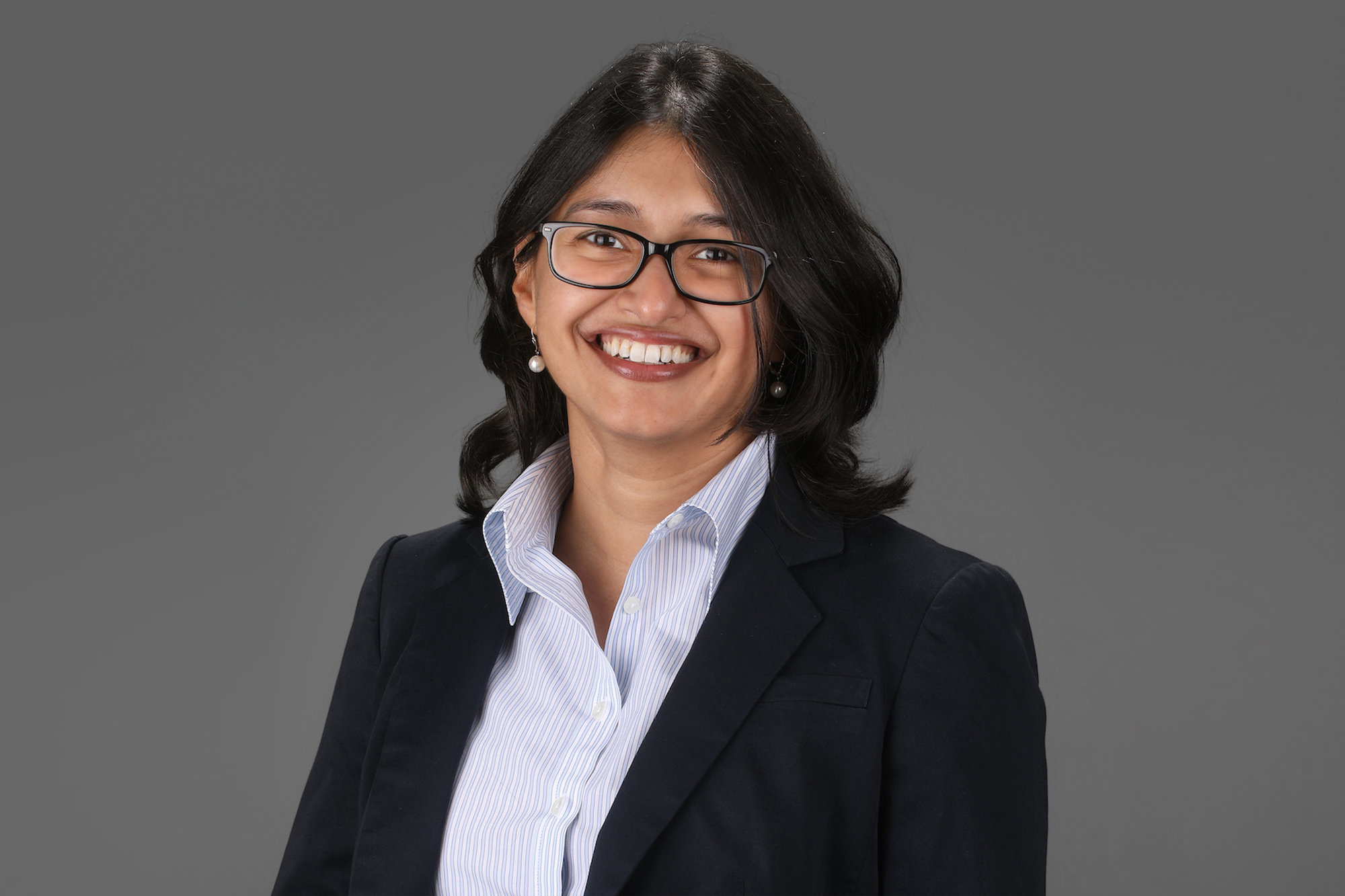Surgical oncologist receives funding to study barriers faced by pancreatic cancer patients
As part of the study, Annabelle Fonseca, M.D., M.H.S., and her group will conduct in-depth interviews and coordinate focus groups with patients, caregivers, health administrators, community health workers, and primary care and specialist physicians.

Fonseca, a surgical oncologist at USA Health and an assistant professor of surgery at the USA College of Medicine, received a grant from the Center for Clinical and Translational Surgery (CCTS) totaling more than $50,000 to study the barriers in access to care faced by pancreatic cancer patients.
When resectable, Fonseca said, pancreatic cancer is best treated with a combination of chemotherapy and surgery. Surgical resection is the only potentially curative therapy, but there is data that reveals not all patients who may benefit from a surgical evaluation are being referred for one, and some patients who are referred for surgical evaluation cannot receive resection. While this can be caused by co-morbidities, it also is due to the lack of access to care these patients have.
As part of the study, Fonseca and her group will conduct in-depth interviews and coordinate focus groups with patients, caregivers, health administrators, community health workers, and primary care and specialist physicians. She expects this qualitative data to reveal the scope of specific barriers from a patient’s perspective and the provider-related and systemic barriers influencing access to oncological care.
“Once we have the data, we can integrate the knowledge on these barriers to identify potential targets of intervention to promote access to care for pancreatic cancer patients,” Fonseca said. “We want to make positive changes to offer the highest quality of patient care.”





